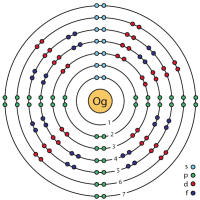Mesaĝoj: 6
Lingvo: English
Karol2137 (Montri la profilon) 2025-marto-08 20:39:38
Zamenhoff knew polish, russian, german, english, italian, french, latin and ancient greek. He knew those languages very well. But he decided to not put the vocabulary from three of these langs. I know that the languages such as chinese, japanese, indonesian, hindi, swahili and many many others were not popular then, but I'm sure, that he could easily find the dictionaries in libraries. He DID NOT do that. Was it so "international"? I don't think so. That could be only the vocabulary, nothing more, but he said "NO, for me there are only two civilizated groups of peole - these using romance and germanic langs. Other are well... exotic... let's talk about something else".
I don't want to offend anyone: I just want to start a discussion and hear someone others' opinions. That's all. I want to end and I'm waiting for your comments, because I am really interested what do you think about this. Good day!
Altebrilas (Montri la profilon) 2025-marto-09 22:00:30
These languages were mostly european, because the people interested in international communication were then from that continent.
It's about roots, not words. For instance, the word for "house" is "domo", but the root can be found in english words like "domestic". A lot of technical european words have been borrowed by non-european languages, due to progress of science.
amigueo (Montri la profilon) 2025-marto-09 22:44:12
Metsis (Montri la profilon) 2025-marto-13 12:11:01
When it comes to your claim about IE centric vocabulary, you are absolutely right. So no wonder that there are schools like bonalingvismo, which supports the idea of using the already existing roots to create new words instead of importing new roots. There also many who think that if a new root is needed, it preferably should come from an non-IE language.
You might be interested in the article Ĉu la 15-a regulo forvelkas? in Libera folio.
modesteco (Montri la profilon) 2025-junio-09 15:16:46
Oganesono (Montri la profilon) 2025-junio-11 19:28:27
amigueo:I suppose that Zamenhof in 2025 would present a different Esperanto project, with an international vocabulary according with nowadays standards.Yup, not only that, but also it would be far less sexist, if at all



